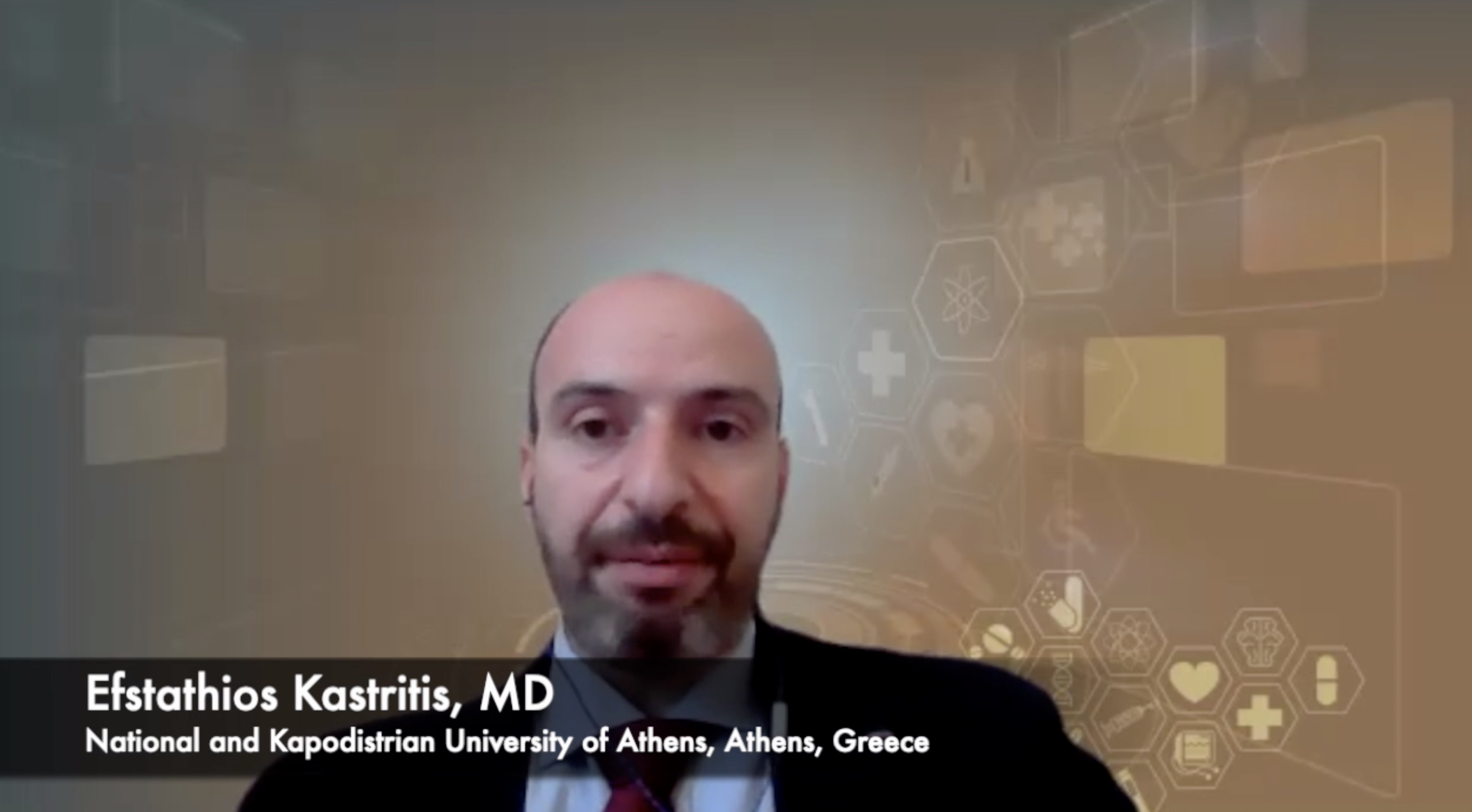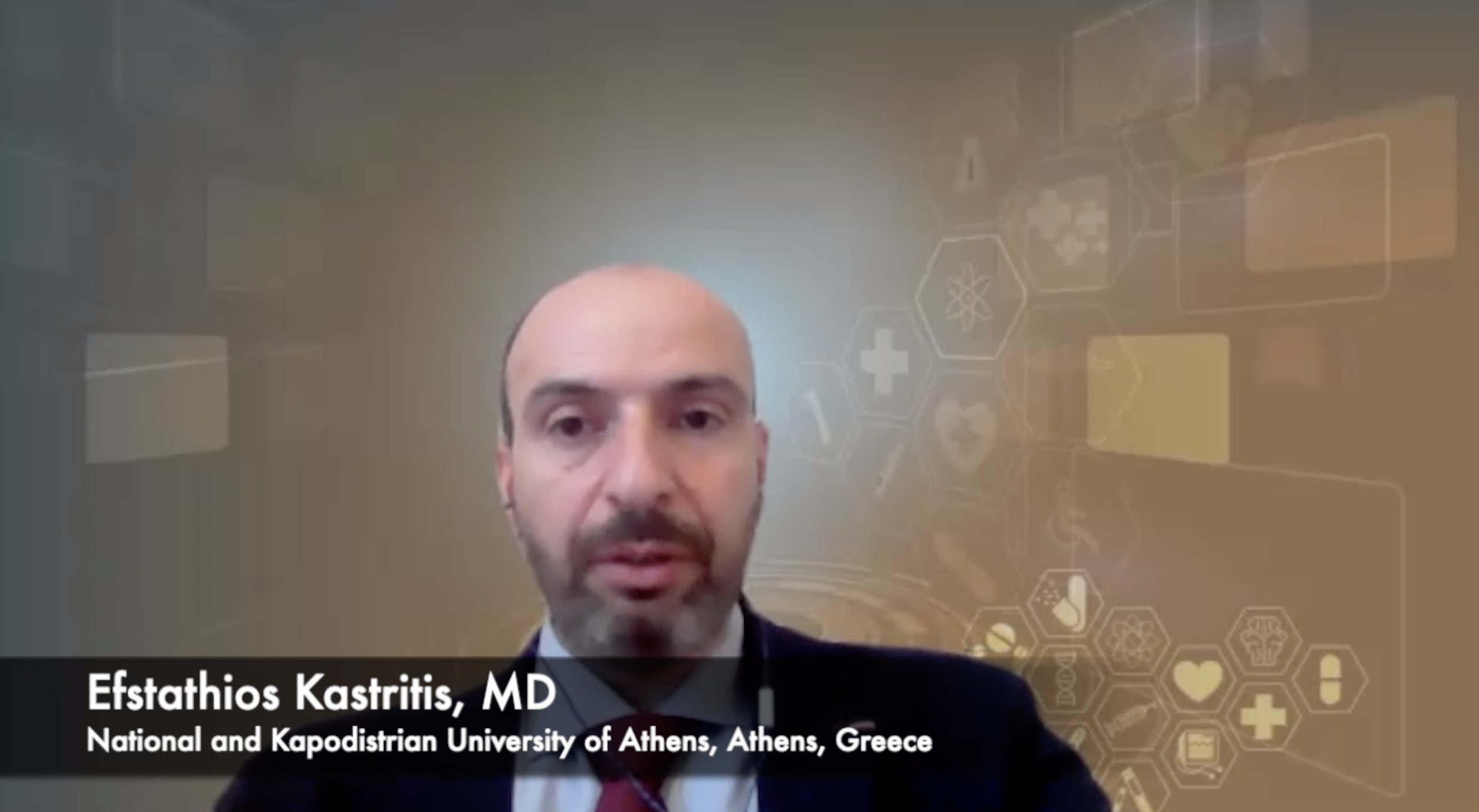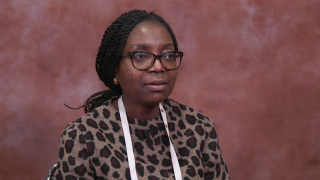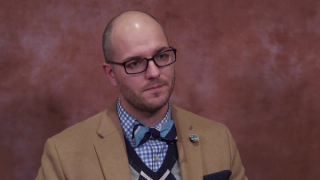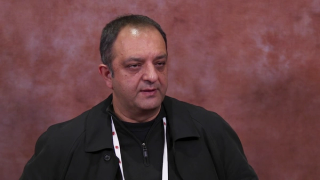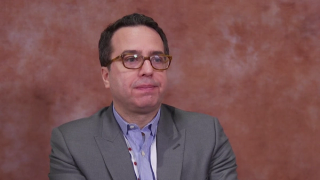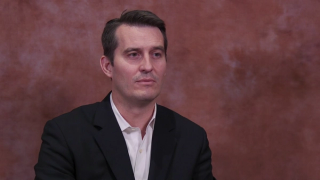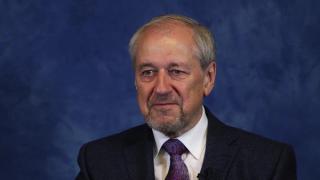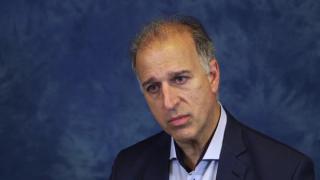
Hematologic Oncology
Latest News

Latest Videos

CME Content
More News
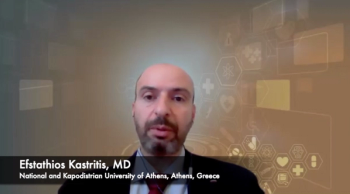
The phase 3 ANDROMEDA trial demonstrated positive efficacy and safety data in the treatment of newly diagnosed light chain amyloidosis.
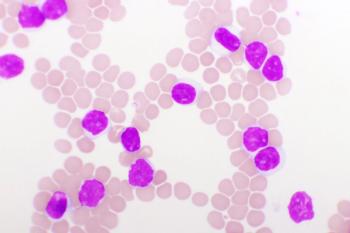
TG-1701 elicited promising clinical and pharmacodynamic activity across doses in patients with B-cell malignancies.
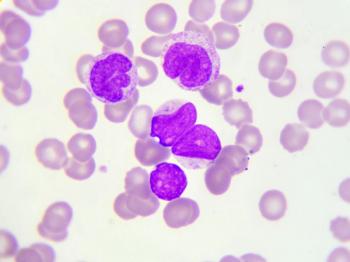
Heavily pretreated patients with relapsed/refractory B-ALL who received a single infusion of KTE-X19 experienced robust and durable responses.

The sNDA submission for ruxolitinib to treat steroid-refractory chronic graft-versus-host disease in adult and pediatric patients 12 years and older was based on the phase 3 REACH3 study, which is assessing the safety and efficacy of ruxolitinib compared with best available therapy.

A promising approach to treating newly diagnosed acute graft-versus-host disease emerges, based on data regarding the use of the humanized IgG1 monoclonal antibody itolizumab.

A supplemental new drug application submission was primarily based on safety and efficacy data from the global phase 3 ASPEN trial of zanubrutinib compared with ibrutinib for the treatment of Waldenström macroglobulinemia.

Findings from a poster presentation at the 2021 Transplantation and Cellular Therapy Meetings of ASTCT and CIBMTR suggest the feasibility of successful vaccinations against coronaviruses in patients with hematologic malignancies following stem cell transplant.

A new rituximab biosimilar from Amgen is now FDA approved, providing more treatment options to patients with certain hematologic cancers.
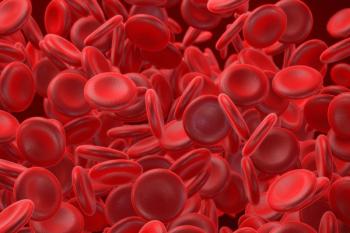
Patients with hematologic malignancies were found to be at increased risk for significant morbidity and mortality from COVID-19, and the risk of death appeared to be greatest in those who were older, had more severe infection, a poorer prognosis, or who decided to forego intensive treatment.

The FDA granted fast track designation to rilzabrutinib for the treatment of patients with immune thrombocytopenia.

The survey highlighted the need for further research into the specific effects of ITP in individual patients so that these findings can be better integrated into the management of this patient population.
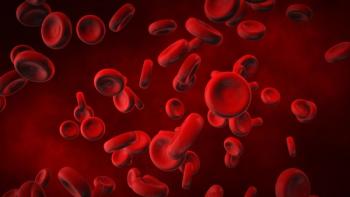
This study suggested that there is evidence, though low quality, that rituximab (Rituxan) may be a more effective second-line therapy than splenectomy for children with immune thrombocytopenia.

Patients with immune thrombocytopenia treated with rituximab (Rituxan), splenectomy, eltrombopag (Promacta), or romiplostim (Nplate) saw significant increases in platelet count with each of the 4 treatments.

According to researchers, this study suggests “that the improvements in QOL and mood experienced by caregivers assigned to BMT-CARE are, in part, explained by an acquisition of effective coping skills and confidence in their ability to provide care for their loved one.”

Though this study did not determine the causality, it clearly demonstrated an association between atopy and immune thrombocytopenic purpura (ITP).

Patients with hematologic disease and a symptomatic COVID-19 infection were found to have a significantly worse prognosis than patients who were nonhematologic with COVID-19.

The FDA granted breakthrough therapy designation to IMGN632 for the treatment of patients with relapsed or refractory blastic plasymacytoid dendritic cell neoplasm.
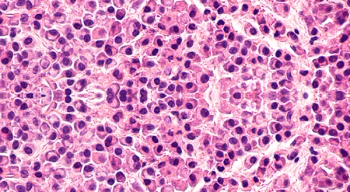
The study found that high levels of sustained factor VIII activity, which followed a normalization period after BIVV001 administration, might offer better protection against all types of bleeding and a longer interval between administration of the product in this patient population.

Mesoblast Limited announced that the FDA issued a complete response letter regarding its biologics license application for remestemcel-L to treat pediatric patients with SR-aGVHD after the ODAC voted 9:1 in favor of the available efficacy and data.

These findings suggest that rozanolixizumab has good potential as a treatment for this patient population.
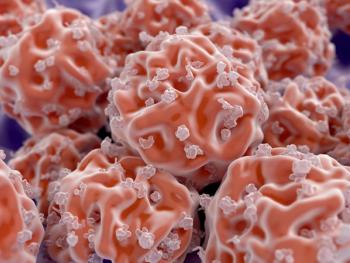
Researchers indicated these study findings “could be a note of caution for transplant centers to not take for granted that the frozen product they have received will show perfect recovery once thawed.”

The supplemental biologics license application is seeking approval for the treatment of patients with light chain amyloidosis and is supported by results observed in the phase 3 ADROMEDA study.

This study is the first to show anti-GPIIbIIIa and anti-GPIbIX in the bone marrow of patients with immune thrombocytopenia.

The Oncologic Drugs Advisory Committee voted in favor of the available data supporting the efficacy of remestemcel-L in pediatric patients with steroid-refractory acute graft-versus-host disease.

The study is evaluating itolizumab in patients with severe acute graft-versus-host disease as a first-line treatment concomitant with standard of care.



